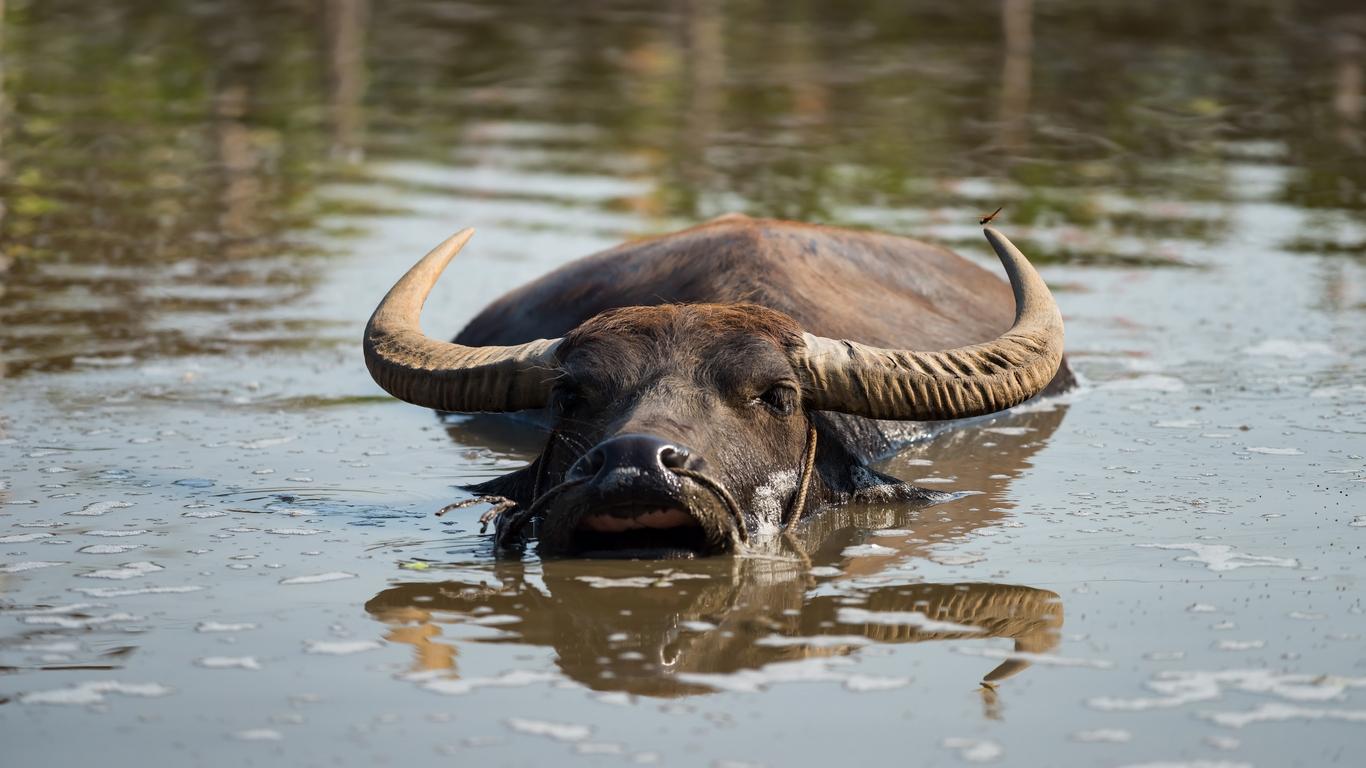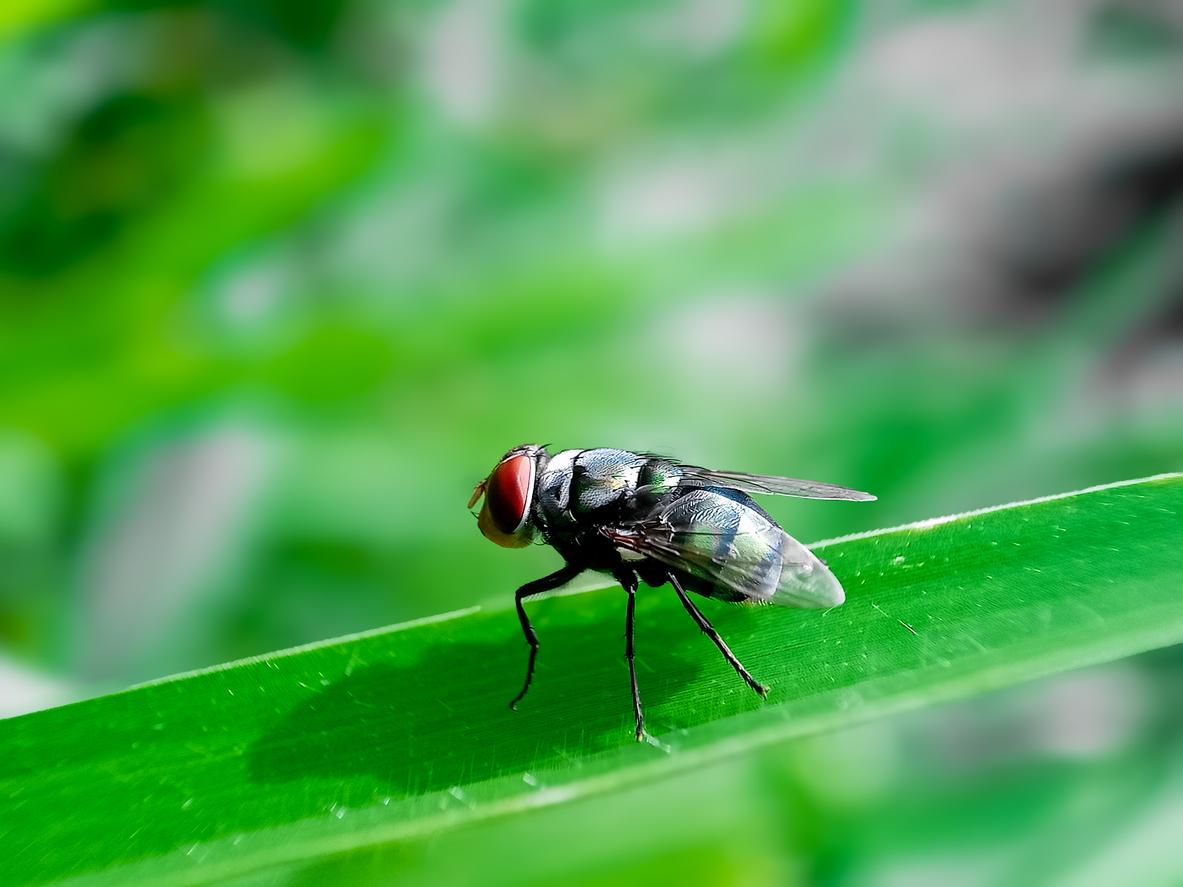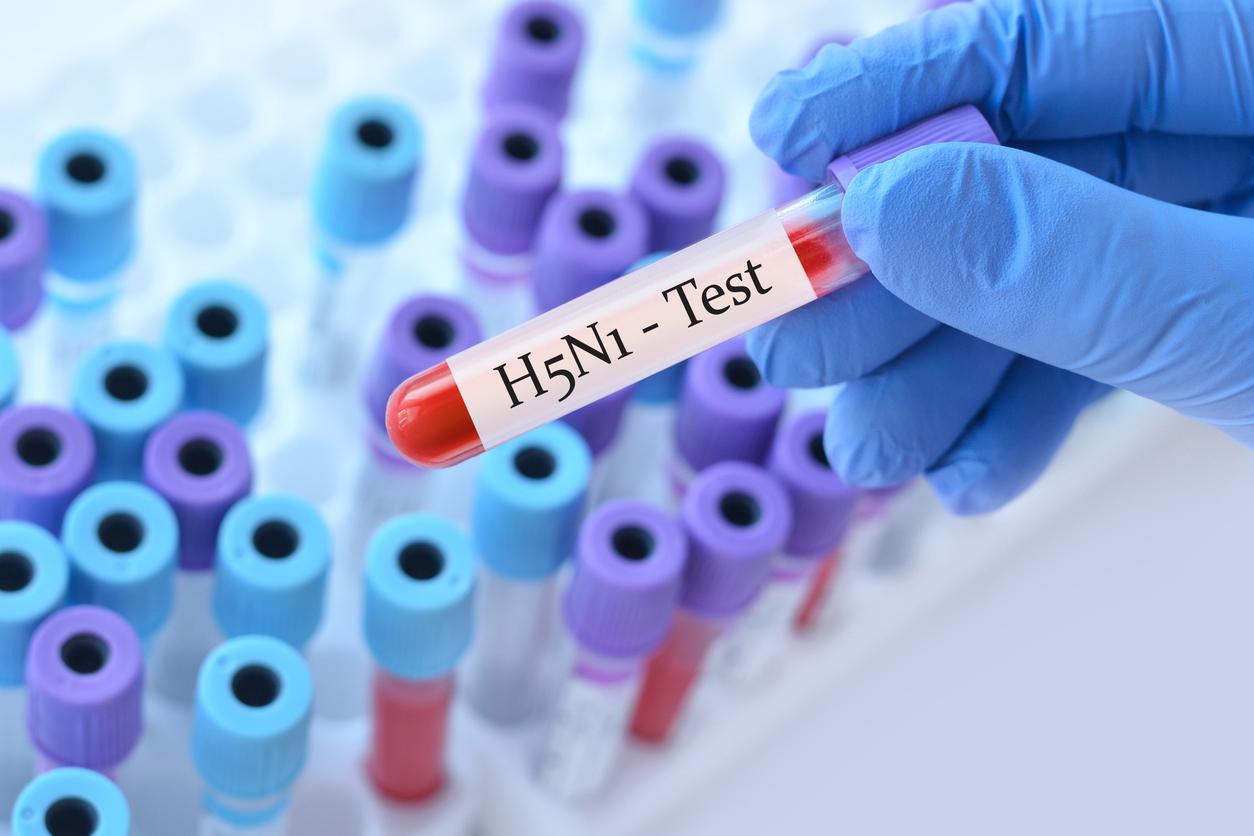Certain animal species could carry and transmit a new strain of the coronavirus, among themselves but also potentially to humans within a few years.

- The spread of the coronavirus (Sars-CoV-2) is very real in some mink farms, and could lead to the formation of other mutated, variant and worrying strains.
- The World Organization for Animal Health (OIE) has called on countries to monitor certain animals as well as the humans who come into contact with them.
Mink, rats, spaniels or even ferrets… These animal species could be contaminated by a new strain of the coronavirus. And, according to the director of the British medical charity Wellcome Trust Jeremy Farrar, these animals could transmit this new variant of the virus to humans within a few years.
Indeed, for each species of virus, there is a reference strain which corresponds to the first description of the virus. But other strains, more or less virulent, may exist. These vary the virus, which has other biological properties. Thus, in the future, another form of the coronavirus could affect the human population.
Human cases infected with mutant strains of the coronavirus
This warning comes in a context where many specialists are trying to warn against the risk of transmission to the human population of another dangerous strain of the coronavirus, present in mink. Indeed, the European Center for Disease Prevention and Control considers this scenario possible and serious. Especially since the spread of the coronavirus (Sars-CoV-2) is very real in certain mink farms, particularly in Denmark, and could lead to the formation of other mutated, variant and worrying strains. In early November, Danish authorities announced that several hundred people had been infected with mutant strains of coronavirus that came from mink.
A new strain could limit the effectiveness of the future vaccine
For now, scientists at the Statens Serum Institut, which manages outbreaks in Denmark, believe most of the new strains are no more dangerous than the current virus. Nevertheless, they warned that these could be more worrying for the future.
“If they spread in Denmark or abroad, they could potentially have serious consequences for the protective effect of future vaccines,” warned epidemiologists at the institute last week. According to them, a more in-depth evaluation would be necessary in order to determine if the mutated forms of the virus can affect the effectiveness of treatments or vaccines.
Avoid contact with certain animals as much as possible
The European Food Safety Authority (EFSA) has warned that it is important that people avoid having too close contact with farmed mink. The authority also called for a reinforcement of health surveillance measures in order to limit the risk of spread. The World Organization for Animal Health (OIE) has called on countries to monitor certain animals as well as the humans who come into contact with them. Mink and raccoon dogs are part of this list.
“The risk of susceptible animals, such as mink, becoming a reservoir for Sars-CoV-2 is causing concern around the world, as it could pose an ongoing public health hazard and lead to future contagion effects on the man”says the OIE in a press release. The Danish government recently ordered all mink farmers in the country to cull their mammals, amounting to 17 million animals nationwide.
.















